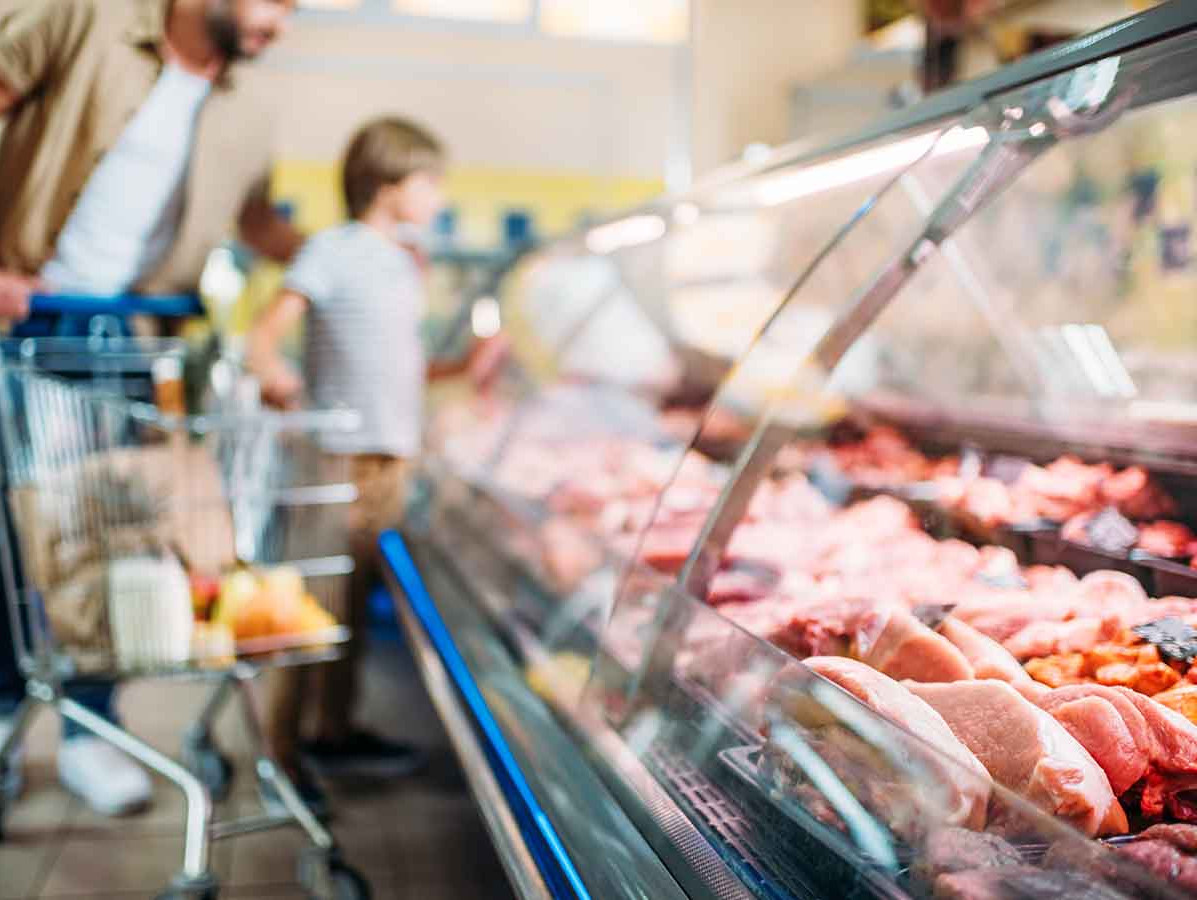
Statistics Netherlands has released the preliminary inflation rate for May 2023. The data show that inflation has risen again in the Netherlands. The rise in the general price level could affect the purchasing power of households and undermine the profits of companies, according to Rabobank
According to CBS, the average consumer price level in May 2023 was 6.8 percent higher than in the same month a year ago. This realization was almost in line with the previously expected inflation rate of 6.7 percent for May. The increase in inflation was mainly driven by a less pronounced decline in energy prices.
Although food prices still rose slightly in May, the year-on-year price increase decreased from 15.1 percent in March to 13.2 percent in April. CBS calculated that groceries were 12.8 percent more expensive in May than a year earlier. Although some product categories such as margarine, butter, non-alcoholic beer and yogurt have declined in price since the end of April, these price declines outweigh increases in a larger number of categories.
Rabobank expects gas prices to rise again in the coming period, eventually reaching around 70 to 80 euros per megawatt hour next winter. This increase is partly due to the fact that industrial companies in Europe are expected to be able to renew their energy contracts at lower prices, making gas consumption more attractive.
As for food prices, prices are expected to change little in the coming months. Although consumer prices are still expected to rise slightly, food price inflation is expected to fall below 10 percent over the summer. Lower agricultural commodity and energy prices are expected to gradually feed through to producer prices, but it is still unclear whether this will lead to falling prices in supermarkets.
Wage growth is expected to remain high, as CBS reported that wage growth was 5.7 percent in May. In addition to lower raw material costs, food producers, retailers and the hospitality industry face higher wage, rent and interest costs, making it uncertain whether these cost savings will be passed on to consumers.
Source: Rabobank